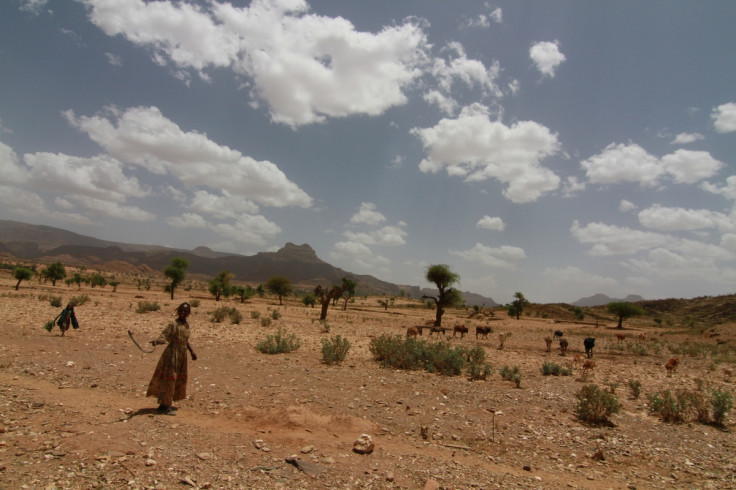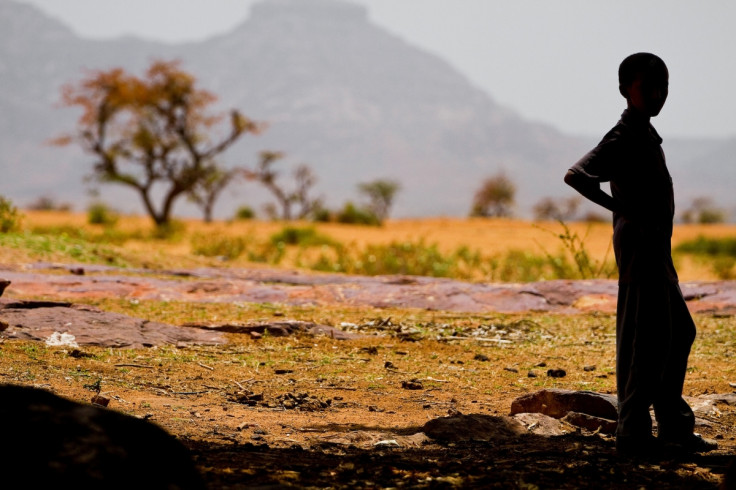Horn of Africa will get drier with global warming further destabilising region

The Horn of Africa will get drier as a result of global warming, not wetter and greener as previous research has predicted, scientists have warned. A team of researchers from Columbia University's Lamont-Doherty Earth Observatory say the drier conditions expected will likely result in increased tensions in what is already one of the most unstable regions in the world.
The team analysed a sediment core taken from the pirate infested waters of the Gulf of Aden. The core allowed them to establish changes to temperature and aridity in the region over the last 2,000 years. They were then able to compare this record with 20<sup>th century observations to show the Horn of Africa has become progressively drier over the last 100 years and that this drying will continue as the world gets warmer.
Study co-author Peter deMenocal said: "Right now, aid groups are expecting a wetter, greener future for the Horn of Africa, but our findings show that the exact opposite is occurring. The region is drying and will continue to do so with rising carbon emissions."

Previously, models had suggested the region would get wetter and greener with global warming as a result of the increased rainfall during the "short rains" season between September and November because of large-scale weakening of the Walker circulation. However, the latest study, published in the journal Science Advances, suggests that any benefit seen from this shift would be offset by less rainfall during the "long rains" season between March and May – on which the agriculture very much relies.
"Most of the models overestimate short rains precipitation while underestimating long rains precipitation, causing the Walker circulation response to unrealistically dominate the annual mean. Our results highlight the need for accurate simulation of the seasonal cycle and an improved understanding of the dynamics of the long rains season to predict future rainfall in the Horn of Africa," they wrote.

It has been shown that drying in the Horn of Africa has a serious impact on growing season days and agriculture, resulting in a threat to food security. This is a major concern in terms of predicted global warming, the authors say. Deadly droughts taking place on a regular basis over the last 30 years brought with them famine and violence. During droughts in Somalia in the 1980s and 90s, hundreds of thousands of people were forced to flee.
The team say region-specific studies with higher-resolution results would be beneficial to establish models in high-impact areas like the Horn of Africa. "Our results highlight the need for accurate simulation of the seasonal cycle and an improved understanding of the dynamics of the long rains season to predict future rainfall in the Horn of Africa."
Lead author Jessica Tierney added: "If we can simulate rainfall in these arid tropical and subtropical regions better, we can understand the future impact of climate change."
© Copyright IBTimes 2025. All rights reserved.






















